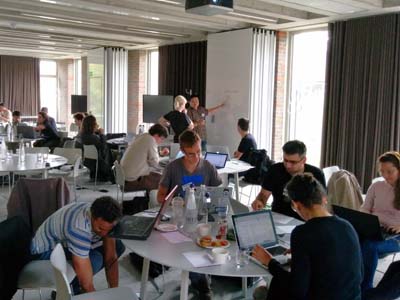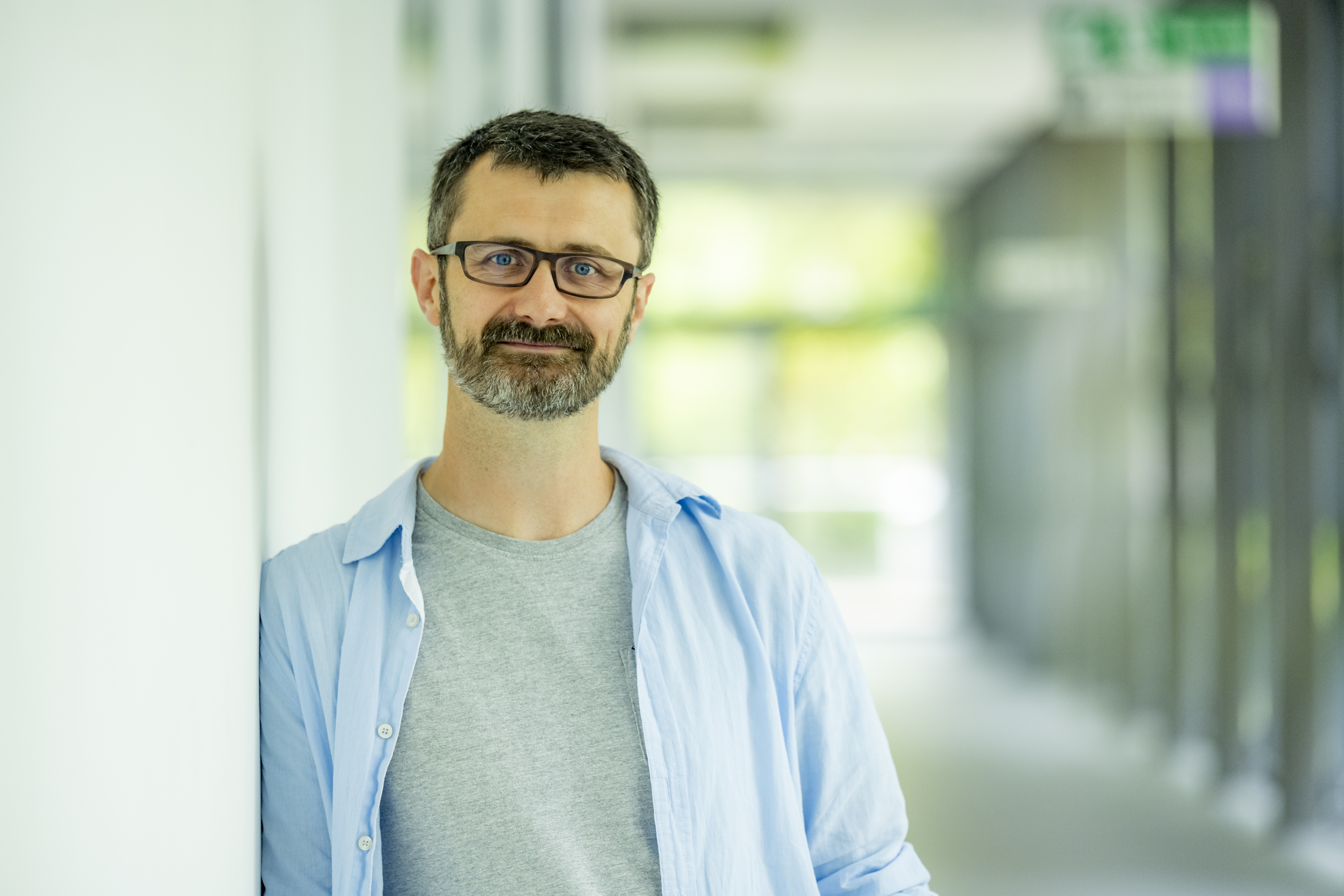From benign dictatorship to democratic association: the RSE AGM
Posted on 30 September 2014
From benign dictatorship to democratic association: the RSE AGM
 By Simon Hettrick, Deputy Director.
By Simon Hettrick, Deputy Director.
If you don’t write papers, how should a university recognise your work? This and related topics were the focus of discussions at the first ever Annual General Meeting of Research Software Engineers, which took place on 15-16 September. The AGM was an important milestone in our campaign for Research Software Engineers: it marked the first formal meeting of the RSE community.
Over fifty RSEs met at ORTUS, based in King’s College London to meet, collaborate and discuss work. The day kicked off with an overview of the RSE campaign from staunch RSE supporter, James Hetherington. This was followed by a talk from Kumar Jacob and Richard Dobson (respectively from Maudsley Digital and the NIHR BRC for Mental Health) about software use in mental health research. Maudsley Digital were the gold sponsor for the event, and were joined by our other sponsors NIHR BRC for Mental Health, GitHub, Microsoft Research and FitBit UK.
A What’s New session saw RSEs discussing technology or ideas that interest them - anything from GitHub to Software Carpentry. Representatives from Microsoft Research, Google and Amazon presented the latest developments in cloud-based research. Finally, two breakout sessions allowed RSEs to discuss issues around their role in academia. A summary of the breakout sessions will be available soon on the Institute website. In the meantime, you can see the topics that were discussed in the Google Doc that was used during the AGM, and read about the points raised in the Google Group that was used to collect notes from the meeting.
Most attendees viewed the event as a way to make new contacts in an area that previously wasn’t represented in academia (they also rated the event at 4.3 out of 5!). We began running the campaign to bring RSEs together, so we are incredibly happy that the AGM is fulfilling this purpose. Perhaps even more importantly, the community took an important step towards democracy with nominations for every position on the RSE Committee (which is currently run as a benign dictatorship). To see so much interest in running the community from the RSEs is further proof of the importance of this community.
A hackday was held the day after the AGM to allow RSEs to work together on real problems. Going with the theme of our gold sponsor, the hackday focussed on issues related to mental health. First place went to Cass Johnston, Xingdong Bian and Emlyn Clay for Patient Timeline, which used a novel interface to allow clinicians to navigate patient records, Second place went to Florian Rathgeber, Dan Sellers, James Spencer, Husam Hebaishi and Mark Begale, for a framework to allow researchers to administer questions to patients as well as to report back the responses and third place (parts 1, 2 and 3). Third place went to the solo team of Mark Woodbridgte for Purple Moves, which brought together the Purple Robot platform with the Android Moves Activity Diary. The hacks have now been showcase to the Chief Information Officer of the Maudsley NHS Trust, and there are plans to take at least one of them forward into development.
Thanks again to everyone who took part in the AGM and hackday. Everyone hear at the Institute is looking forward to next year's event, which will be run by a fully democratic RSE committee!

